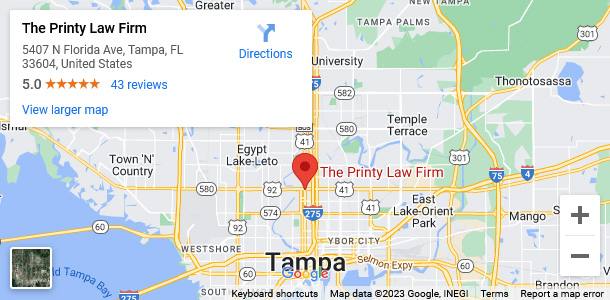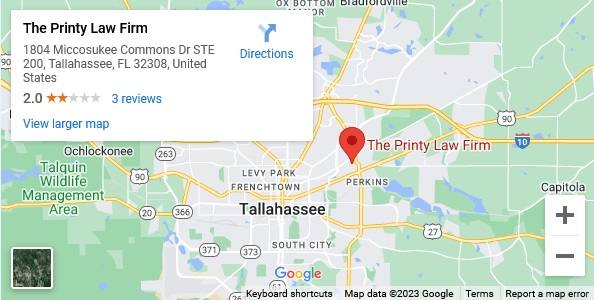Pain Medications Harming Injured Workers
Personal Injury Attorneys | They are supposed to ease the pain and suffering of those recovering from an on-the-job injury. Increasingly, doctors are turning to opiod pain medications to help treat those who are hurt at work.
But even though a new National Safety Council report shows a quarter of all workers’ compensation prescription drug claim costs were for opiod pain medications, that same research reveals those who take these powerful medications don’t have better treatment outcomes. In fact, they are more susceptible to addiction, overdose and even death.
So where can workers and/or their families turn when these medications lead to serious adverse affects? The answer can be legally complex, depending on who prescribed the drugs and why. A number of recent court decisions have held that under some situations where injured workers have suffered overdoses as a result of pain medications they were receiving for work injuries, the workers’ compensation insurer may be liable to cover medical expenses. lost wages and if applicable, death benefits.
In cases where the worker has become addicted and suffered other ill health effects, some courts have found the insurance carrier is responsible for coverage of detoxification and other medical treatments.
In the dozen workers’ compensation injury cases cited in state appellate and supreme court decisions in the last three years, there were a number of key legal concepts cited when it came to compensation. The first was the issue of proximate cause. What this means is that the legally-recognized set of facts show that the use of medications in natural or probable sequenced caused the worker’s injury.
The second issue is the concept of chain of causation. This asks whether harm or injury occurring subsequent to the original work injury is connected to that incident. If so, the injury (or overdose) would be compensable. However, if there is some other independent intervening act (another injuries action or event not connected to the original injury), this would break the chain of causation and mean the injury is not compensable.
This does not mean that a worker who dies from an opiod pain medication overdose is automatically covered under workers’ compensation death benefits. Some of the questions the courts are going to ask:
- Did the overdose result from patient’s failure to follow doctor’s instructions?
- Does over-utilization or inappropriate prescribing of pain medication break the chain of causation?
- Was medication used to treat another condition unrelated to the work injury?
- Did the combination of alcohol and pain medication break the chain of causation?
There are no black-and-white answers here. For example, in one case, the Washington Supreme Court held the overdose death of a worker who drank alcohol (but not to excess) and consumed prescription pain medication for a work injury was compensable. Although the employer argued the worker’s alcohol use was an intervening activity, the court ruled the death was compensable because the use of prescription drugs was a proximate cause of his death.
In some cases where overdose of a prescription medication is not deemed compensable under workers’ compensation, surviving family may also explore the possibility of a medical malpractice claim, depending on the underlying circumstances. -Injury Lawyer Florida
If you have been injured in an auto, car or motorcycle accident, please do not hesitate to call our offices in Tampa or Tallahassee. When you call, an attorney will be happy to discuss your claim and determine your best options.
For more information do not hesitate to call our Personal Injury Attorneys at Printy Law Firm | Tampa 813.434.0649 | Tallahassee 850.877.7299





